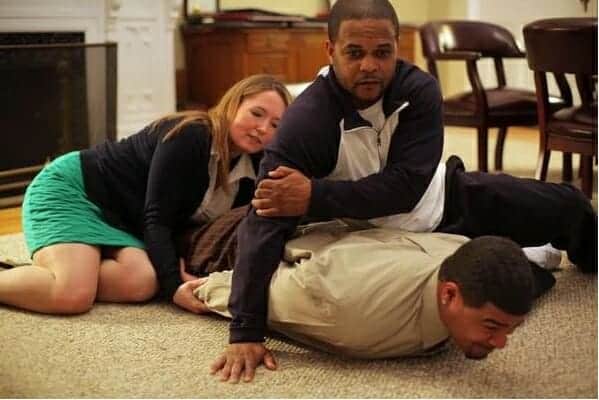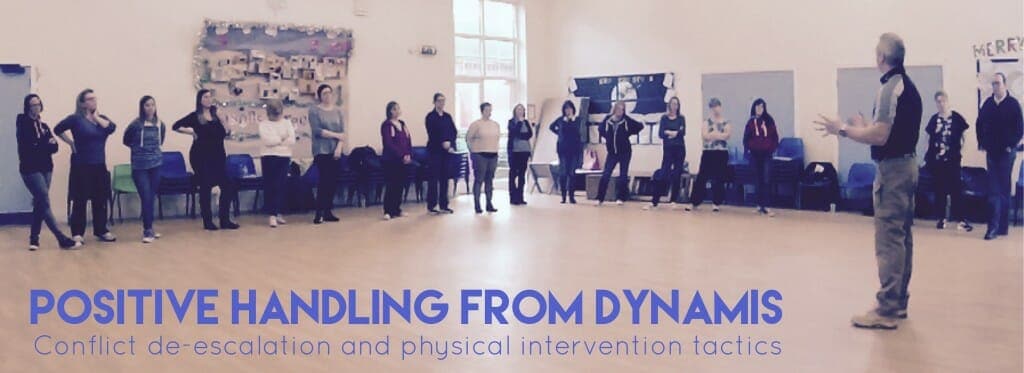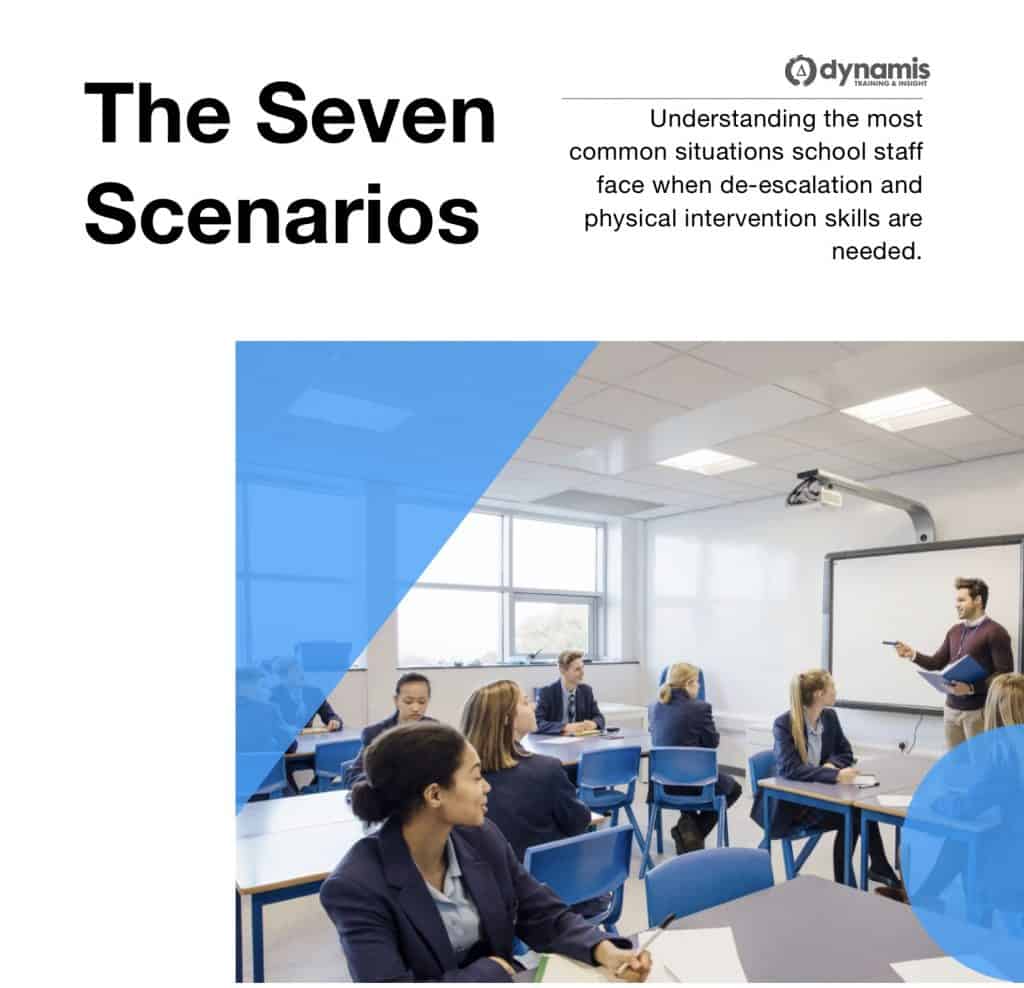Corey Foster was 16 years old when one day while at school, teachers at his school held him on the floor in the hold pictured here. He subsequently died minutes later. (Read the full story here)

Assistant Director of Human Resources Tracy Clayton, far left, and Manager Lawrence Gill demonstrate their Therapeutic Crisis Intervention hold on fellow Manager Nealon Greene, bottom. Therapeutic Crisis Intervention, or TCI, involves a progression of steps staff members use with a student, up to and including a physica restraint hold such as this. TCI is the method that officials at Leake & Watts say was used when subduing Corey Foster moments before his death.
Of course in the United Kingdom these techniques should not be taught as there is widespread advice to avoid such measure in numerous pieces of guidance and regulation.
For example, a draft UK local authority circular from 2000 states that:
Policies should clearly describe unacceptable practices that might expose service users or staff to foreseeable risk of injury or psychological distress. This will include the avoidance of methods of intervention which:
…Restrict breathing, or impact upon the person’s airways, for example, holding a person in the prone position…
and Circular 10/98 regarding the use of force to Control or restrain pupils states that:
Staff Should Not Act in a Way That Might Reasonably Be Expected to Cause Injury, for Example By;
- Holding a pupil around the neck, or by the collar,
- or in any other way that might restrict the pupil’s ability to breathe;
- Holding a pupil face down on the ground.
…and Children Act guidance and regulations states that Children should be “dealt with sensitively and with dignity”
Dynamis Positive Handling courses, taught according to approved standards laid down in Ofqual-accredited QCF learning outcomes, contain specific guidance about the avoidance of methods of control which could:
- put the child’s life in danger through asphyxiation or other causes of sudden-death during restraint
- put the child at risk of increased psychological, behavioural or developmental harm
- put other children at risk of harm from viewing this kind of treatment

Gerard O’Dea is a conflict management, personal safety and physical interventions training consultant. He is the training director for Dynamis, a specialist in personal safety and violence reduction initiatives and the European Adviser for ‘Verbal Defense and Influence’, a global programme which addresses the spectrum of human conflict. www.dynamis.training
Gerard’s book on Lone Worker Personal Safety > http://www.amazon.co.uk/dp/1494759217



